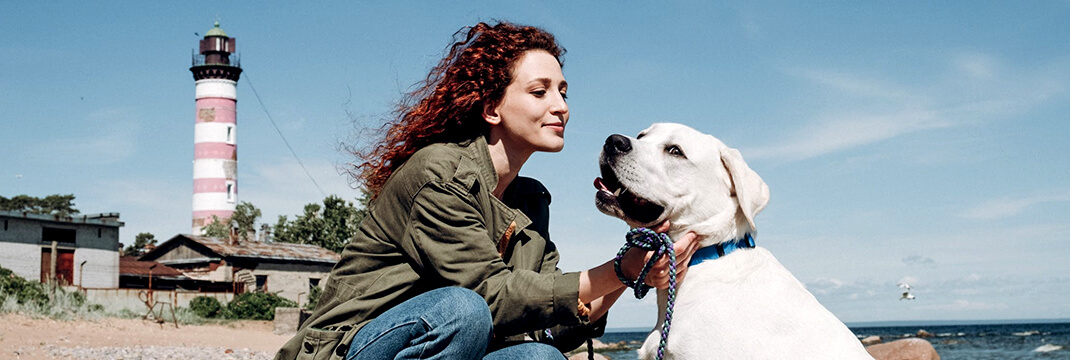
The hierarchy of all living things has long been the topic of interest for many philosophers. The general public often gives a moral status to one kind of living being such as cats and dogs, while denying all moral considerations to others such as pigs and cows. Thus, it becomes essential to determine the place of living creatures in the moral system in order to behave accordingly. Humans and animals are not equal morally considerable because the latter obviously lack reason, autonomy, and consciousness.
All living beings have different kinds of abilities by their nature. Even though they all are capable of growing and taking nourishment, only humans can consciously control their conduct. Animals’ behavior is determined by their instincts as long as they lack the ability to utilize reason to determine the course of action (Animals and Ethics, n.d.). Both people and animals have desires that guide their conduct, whereas only humans are able to abandon their wishes and opt for another action. The lack of this capability makes animals inferior to human beings so that they are created to serve the needs of people. I believe that animals exist for the well-being of people since they are not conscious and cannot control their own actions. Furthermore, heavy reliance on instincts means that animals are not autonomous and thus do not have a will. According to Kant’s beliefs, goodwill can be defined as a living being that has an intrinsic value (Animals and Ethics, n.d.). It becomes clear that animals cannot have any intrinsic will as they do not possess a will at all.
You may find this article Discussion Board Post Writing Service useful.
Thus, human beings are morally superior to animals since they can consciously control their conduct. Animals cannot direct their behavior as they heavily rely on instincts only. Since they are not autonomous and conscious, they do not have an intrinsic value and their interests should not be considered. Thus, animals exist only as instruments for the use of humans.



